Detroit’s Paradise Valley to Regain Its Charm
The major project has been 10 years in the making and it involves redeveloping five existing buildings and four parking lots.
By Alexandra Pacurar
Detroit—The Downtown Development Authority (DDA) of the city of Detroit finally gave its seal of approval to a major mixed-use development project meant to revive the Paradise Valley Cultural & Entertainment District, a historic African-American neighborhood. The total investments add up to $52.4 million and are slated to be completed in 2019. In 2006, the DDA spent $10.5 million from casino funds to purchase all nine properties involved in this project.
“I’m proud that a decade later, the DEGC (Detroit Economic Growth Corp.) has found developers who have the capacity to develop the entire district at once and turn it into a cultural destination that’ll serve Detroit for years to come,” Rod Miller, CEO of the DEGC, said in a prepared statement.
The project involves the simultaneous transformation of five existing buildings and four surface lots into a mixed-use complex which will include commercial and retail space, residential units, office spaces, restaurants, entertainment venues and a boutique hotel.
The project has five major components:
Hastings Place: The three parking lots at 1468, 1480 & 1496 Randolph St. will be converted into a new 83,340-square-foot building by Paradise Valley Real Estate Holdings II LLC, led by Hiram Jackson, managing partner. The structure will feature 60 apartments on the top floors, a 5-story parking deck, and first floor retail spaces. The purchase price for the three lots was $1 million, while total investment is estimated at $27 million.
Randolph Centre Building: The property at 1435 Randolph St.— which currently serves as the headquarters of Hamilton Anderson Associates—will be renovated by Hamilton Development Corp., also led by Rainy Hamilton Jr. Project plans call for a new office building addition on the parking lot at 1455 Centre St. The new structure will be named the Randolph Centre Building.
Harmonie Club Hotel: The 36,000-square-foot building at 311 E. Grand River will be redeveloped into a chic boutique hotel with up to 30 guest rooms on the first and second floor. The third floor will be transformed into a modern theater and banquet hall. The developer behind this project—311 E. Grand River LLC, a joint venture led by Patricia Cole and Roger Basmajian—bought the property for $1.6 million and will invest another $13.6 million in the redevelopment. This particular plan was targeted for criticism after the Carr Center, a nonprofit arts group focusing on African-American culture, was evacuated to make room for the hotel, according to Detroit News. As a compromise, the developers committed to including artwork from local African-American artists in the hotel.
Harmonie Pointe: The new Paradise Valley District will have its own music forward lounge at 1407 and 1427 Randolph St. Gotham Capital Partners, led by Dennis Archer Jr., plans to set up the lounge and a restaurant on the first floor of the structure and offices in the two upper floors of the 17,328-square-foot building. The property was purchased for roughly $980,000, with another $2.7 million to be invested in the redevelopment.
La Casa Cigars and Lounge: The existing premiere cigar retailer and entertainment complex at 1502 Randolph St. will be refurbished and will maintain its lounge and store at the first floor, its VIP lounge at the second floor, while the existing apartments will be reconfigured on the upper two floors. La Casa Properties LLC, led by Ismail Houmani, plans to buy the property for $1.17 million and invest $1.47 in the restoration plan.
Ever since the first discussion linked to the redevelopment of Paradise Valley, the preservation of the area’s artistic heritage was a priority. Therefore, the plan involves establishing the Paradise Valley Cultural and Entertainment Conservancy, an entity meant to actively program the public spaces and support the cultural and educational character of the redevelopment.
A committee made up of representatives from Michigan Black Chamber of Commerce, DEGC and City of Detroit evaluated all the redevelopment proposals for the nine properties, taking into account factors such as connection to the vision of Paradise Valley, ability to deliver commercial, retail, residential and cultural development, and financial capacity to implement the proposal.
The committee evaluated each proposal based on a variety of factors including its connection to the vision of Paradise Valley and its ability to deliver commercial, retail, residential and cultural development, and financial capacity to successfully execute the vision. All winning proposals came from Detroiters, some of which already have businesses in the area.
“The key developers behind this project are longtime Detroiters. They know what this district was and they know what it can be. They’re committed to working with existing tenants and building a Paradise Valley that not only honors the heritage of our city, but ushers in our future,” Mike Duggan, mayor of Detroit, said in a statement.
Paradise Valley, formerly known as Black Bottom, is a historic neighborhood in Detroit. It was one of the few places in the cities where African-Americans were allowed to reside as they arrived in the city looking for jobs in the automobile industry in the 1920s. The district was almost entirely brought down in the 1960s to make way for the Chrysler Freeway and Lafayette Park.

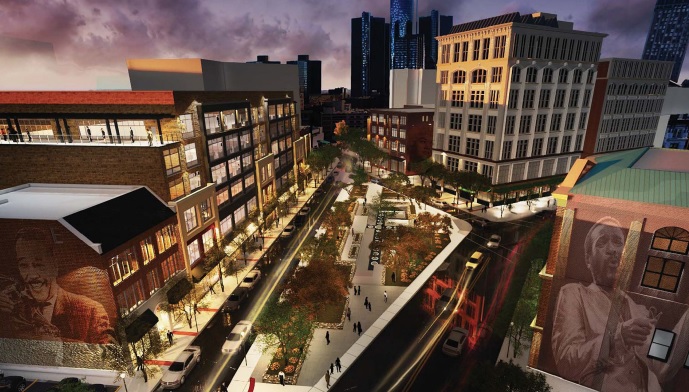
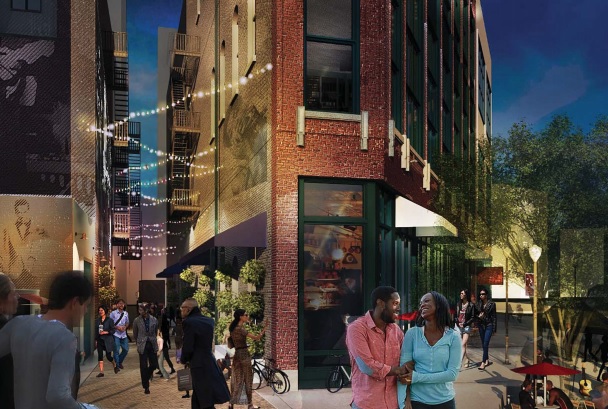



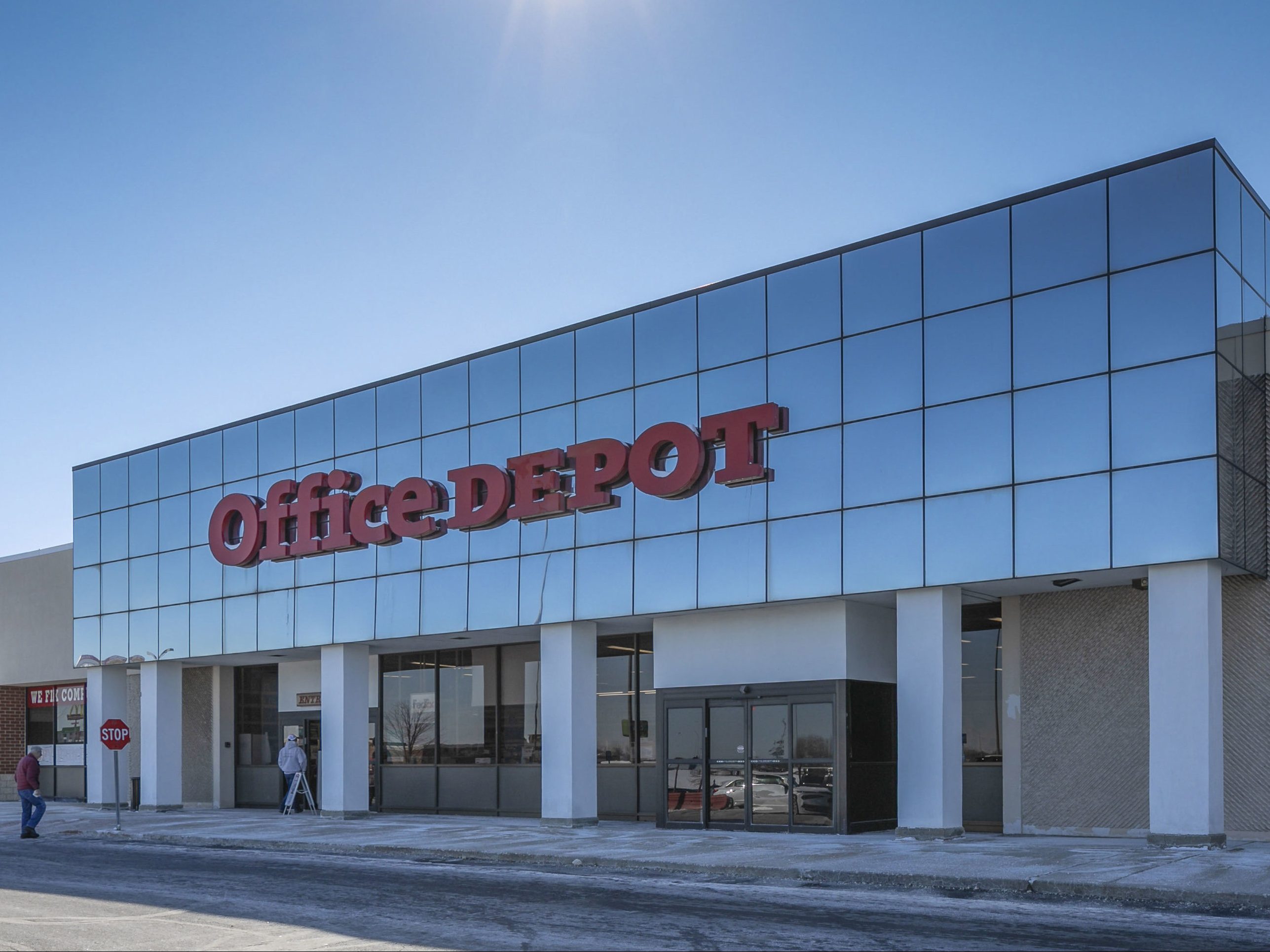
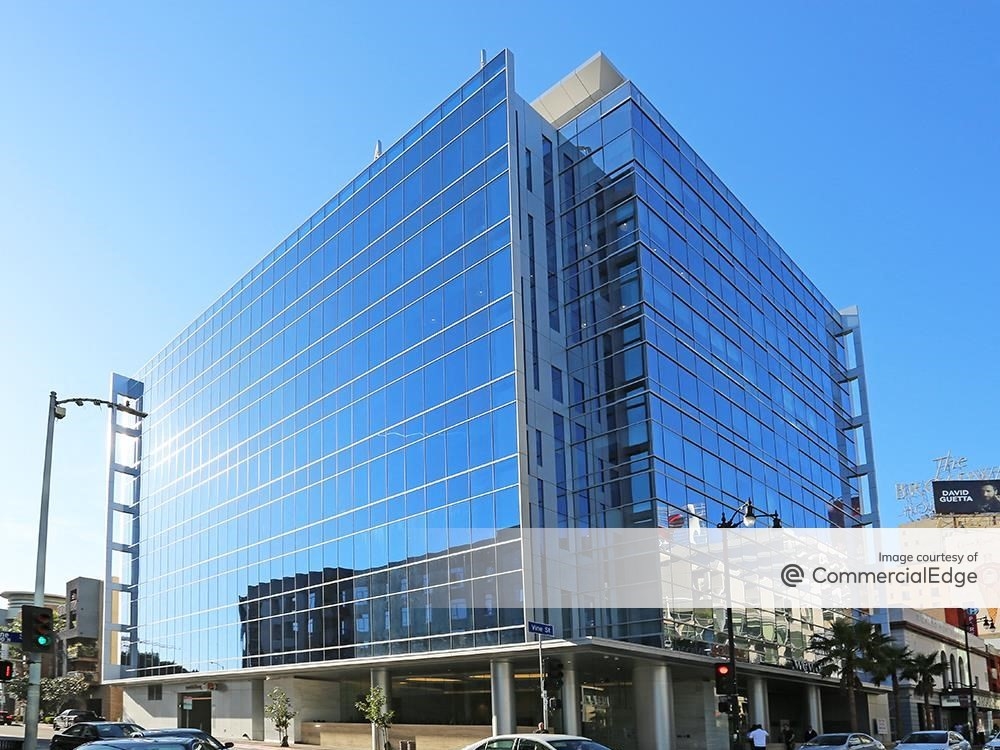
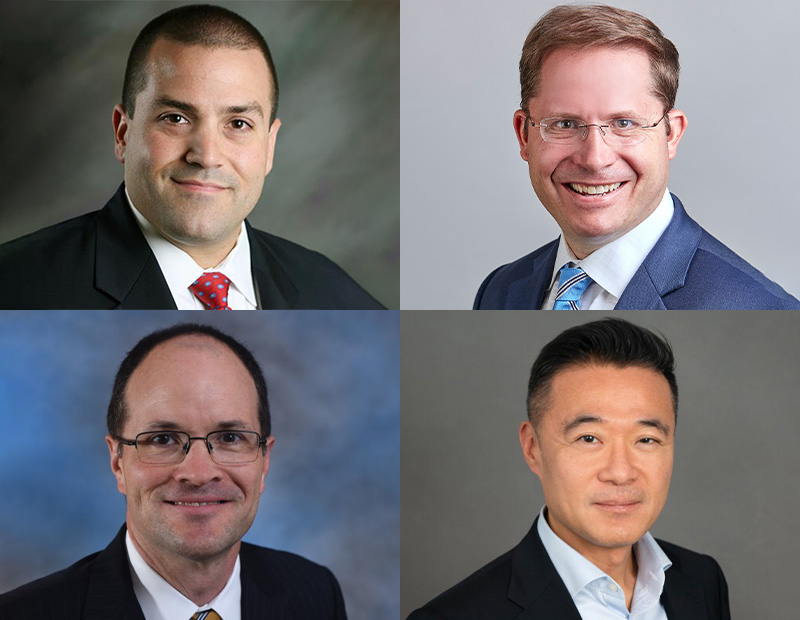
You must be logged in to post a comment.